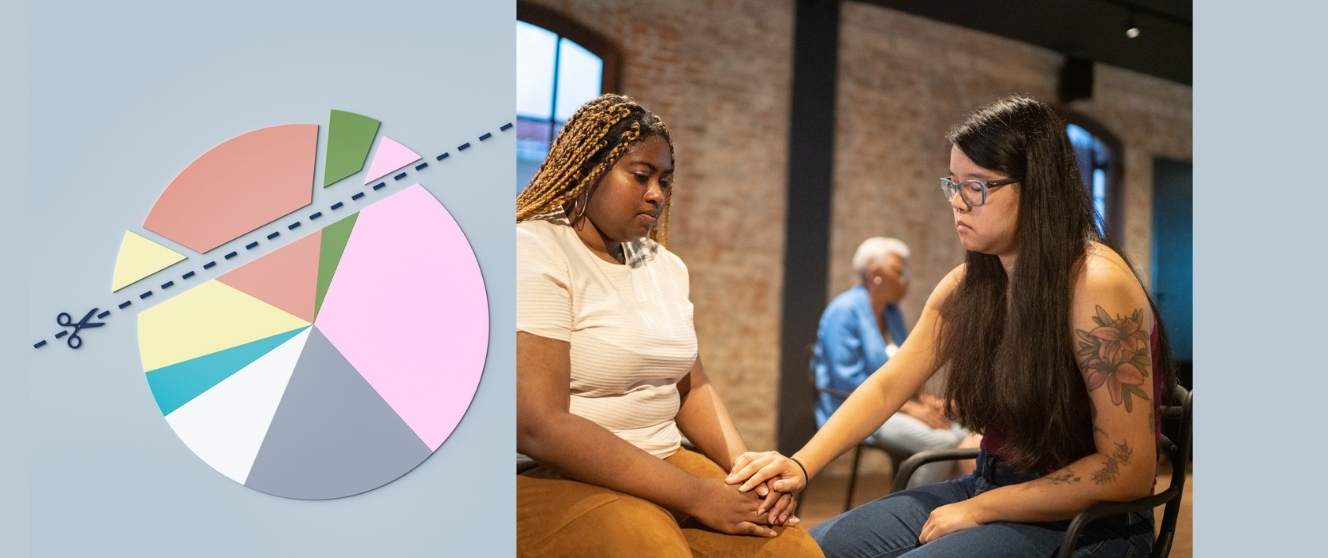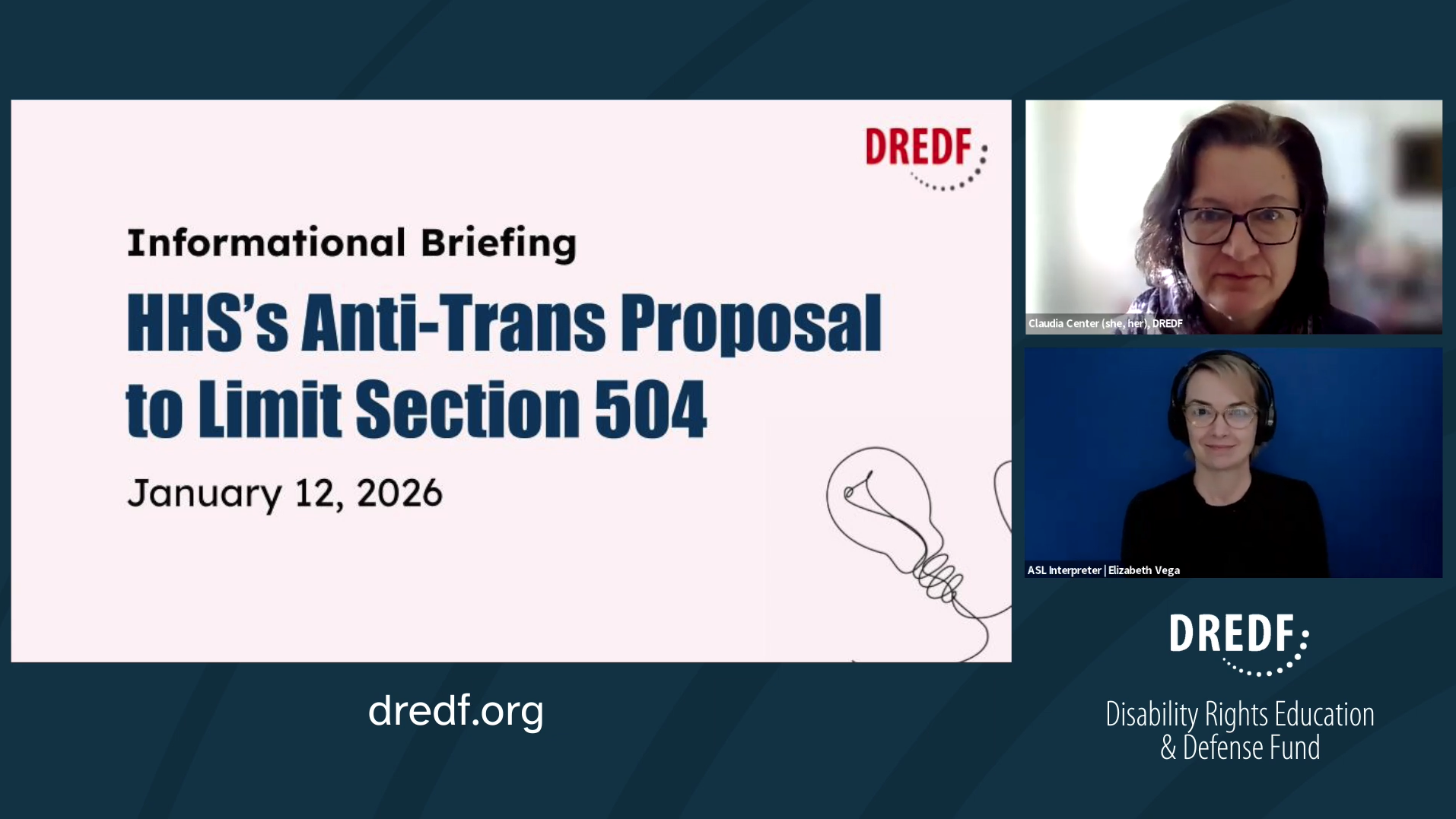
The Disability Rights Leadership Series: Memories from the 10th Anniversary
Week Four: Carolyn Osolinik, Richard Thornburgh, and Marilyn Golden
Marilyn Golden
“The philosophy has been…that when you can’t get the position that you want, get that position with a delay rather than weakening. Weaken the when, not the what.” – Marilyn Golden
Richard Thornburgh
“…the role that I played…was to draw down on whatever capital I had as a parent, as a longtime advocate, as one who had been committed to disability rights and yet was a Republican and a loyal member of the Bush administration to try to get people to sit down and discuss their differences and come up with reasonable solutions.” – Richard Thornburgh
Carolyn Osolinik
“…as I got into the ADA it became so clear that these were people and lots of them, who had been wrongly excluded from every facet of American life and that there was a real attitude adjustment that was needed. I think that is probably the most important thing about the ADA…” – Carolyn Osolinik

